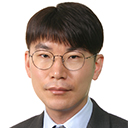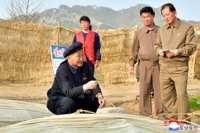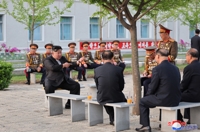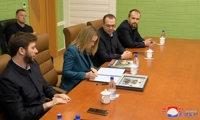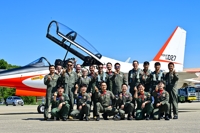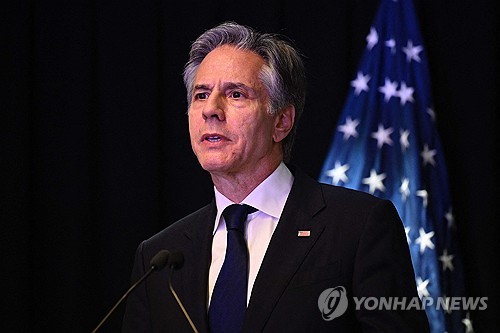(News Focus) Putin likely to seek to enhance clout over peninsula in summit with Kim
By Song Sang-ho
VLADIVOSTOK, Russia, April 23 (Yonhap) -- Russian President Vladimir Putin is expected to use his upcoming summit with North Korean leader Kim Jong-un to enhance Moscow's geopolitical clout over the peninsula and explore economic possibilities there and beyond, analysts said Tuesday.
Moscow and Pyongyang have announced that the leaders will hold their first summit, though they have yet to disclose its date and venue. Media speculation persists that their summit will likely occur in Russia's Far Eastern city of Vladivostok on Thursday.
The summit will come amid Moscow's apparent eagerness to reassert diplomatic leverage over the peninsula and expand economic cooperation across the Asia-Pacific region, as well as its possible wariness over the prospect of China's regional dominance, analysts said.
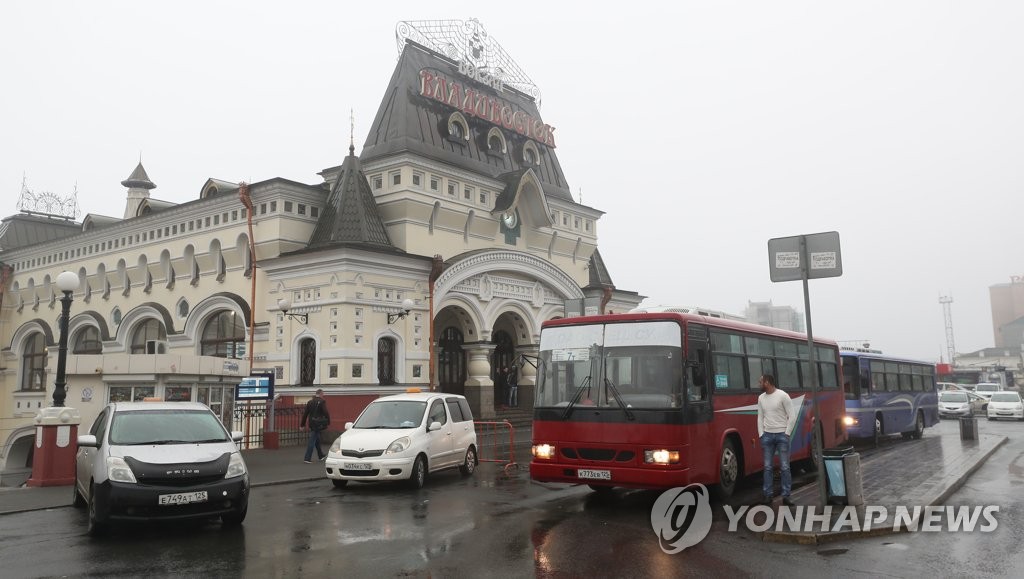
A train station in Russia's Far Eastern city of Vladivostok is seen here on April 23, 2019. North Korean leader Kim Jong-un is expected to arrive there this week for a summit with Russian President Vladimir Putin. (Yonhap).
"In the midst of changes on the Korean Peninsula over the past year, Russia's presence has appeared feeble, which has apparently spawned concerns within Russia that it could be bypassed (in peninsula issues)," said Chang Duck-joon, a professor of Russia diplomacy at Kookmin University.
"There also seems to be a voice of self-reflection in Russia that when it comes to Korea issues, Moscow has been overly reliant on Beijing. ... Putin's forthcoming summit with Kim also appears to reflect a need to keep China in check to a certain extent," he added.
Room for Putin's engagement with the North Korean leader has emerged as China has appeared reluctant to offer fulsome support for its impoverished ally amid grueling trade negotiations with the United States.
For Russia, the North has long been a disconnected node in its drive to expand economic cooperation across the peninsula and farther into the Asia-Pacific arena under a scheme to develop its Far Eastern region and re-establish its position in the Pacific.
Moscow has been pushing for the "New Eastern Policy," an Asia-centric initiative to cement ties with the Asia-Pacific region, which is now a fulcrum of global power and wealth, diversify its energy export routes and promote Russia's balanced regional development.
For the improvement of underdeveloped parts of Russia's Far East, Russia apparently want to capitalize on low-cost labor from the North. But that idea is set to face significant restrictions due to anti-Pyongyang sanctions.
At the Putin-Kim summit, the status of 10,000 North Korean workers currently in Russia is likely to be high on the agenda. They are facing repatriation at the end of this year under U.N. sanctions banning any country from authorizing new visas for such people.
Uncertainty over North Korea issues has also dealt a blow to Moscow's hope to forge ahead with three-way economic projects involving itself and the two Koreas. The projects include the Rajin-Khasan project, a logistics scheme that got bogged down after Pyongyang's nuclear and missile provocations years ago.
The Putin-Kim summit may touch on bilateral economic cooperation projects that can proceed without violating the international sanctions regime. But Russia, which has subscribed to the regime, is unlikely to do anything that runs afoul of it, observers said.
One area that could circumvent the sanctions would be humanitarian aid. Putin may make a pledge to increase such assistance to cement ties with Kim and at the same time burnish Russia's image as an aid donor, the observers noted.
In the context of Russia's persisting tensions with the United States that have continued since Moscow's 2014 annexation of Crimea, Moscow's enhanced ties with Pyongyang could be a source of leverage against Washington.
"After the Cold War, Russia with its own economic challenges did not pay heed to North Korea, but now with its re-emergent power, Russia is seeking to mend fences on its periphery in consideration of an intensifying rivalry with the U.S.," said Chun In-young, an emeritus professor at Seoul National University.
Russia's engagement with the North, however, has raised concerns that it could compound the stalled nuclear talks between Washington and Pyongyang given that Moscow may heighten its voice in the parley to enhance its interests in a nuclear-free peninsula, analysts said.
The negotiations between the U.S. and the North are currently at an impasse due to their failure to bridge differences over the scope of Pyongyang's denuclearization and Washington's sanctions relief.
"In the nuclear negotiations, Russia may make its own demands, such as those related to the fate of U.S. troops on the peninsula in the process of forging a peace arrangement between Washington and Pyongyang," said Kim Tae-hyun, a professor of international politics at Chung Ang University.
"At a time when Kim already has his hands full in his drive to secure regime security in the negotiations with Washington, the addition of a new demand from outside may be burdensome," he added.
Analysts concur that the first Putin-Kim summit is unlikely to yield dramatic, tangible results due to the constraints stemming from sanctions, but they may issue a political declaration that they will continue to develop their partnership and cooperate for peace on the peninsula.
Contrary to Washington's current push for sweeping denuclearization steps by the North before any rewards are given, Moscow favors a phased, step-by-step approach toward Pyongyang's nuclear disarmament.
sshluck@yna.co.kr
(END)
-
 'Queen of Tears' weaves rich tapestry of Korean contemporary art
'Queen of Tears' weaves rich tapestry of Korean contemporary art -
 Ateez member Yunho throws first pitch at MLB match between Dodgers, Mets
Ateez member Yunho throws first pitch at MLB match between Dodgers, Mets -
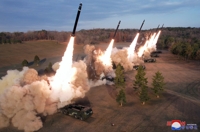 N. Korea says Kim guided simulated nuclear counterattack drills for 1st time
N. Korea says Kim guided simulated nuclear counterattack drills for 1st time -
 N. Korea calls envisioned U.S. aid to Ukraine 'hallucinogen'
N. Korea calls envisioned U.S. aid to Ukraine 'hallucinogen' -
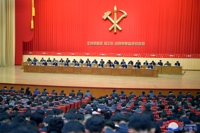 N. Korea calls on party propaganda officials to work harder
N. Korea calls on party propaganda officials to work harder
-
 'Queen of Tears' weaves rich tapestry of Korean contemporary art
'Queen of Tears' weaves rich tapestry of Korean contemporary art -
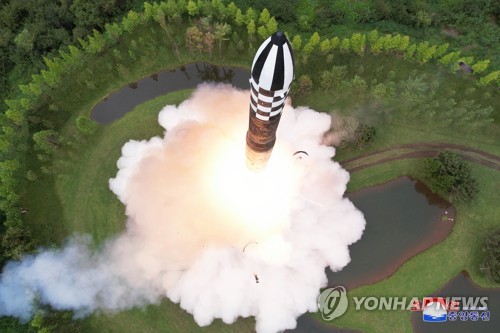 Experts see possibility of N.K. conducting nuclear test before U.S. presidential vote
Experts see possibility of N.K. conducting nuclear test before U.S. presidential vote -
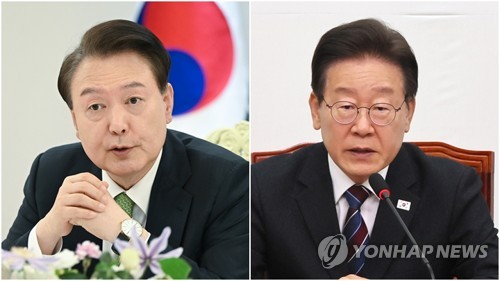 Details of meeting between Yoon, opposition leader undecided: presidential office
Details of meeting between Yoon, opposition leader undecided: presidential office -
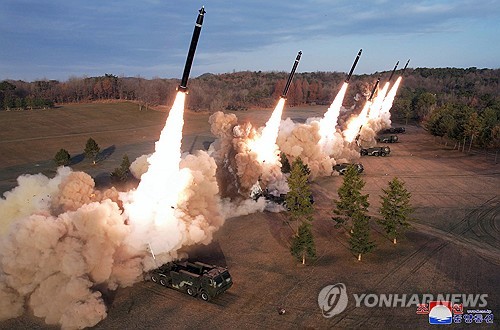 N. Korea says Kim guided simulated nuclear counterattack drills for 1st time
N. Korea says Kim guided simulated nuclear counterattack drills for 1st time -
 Looming weekly closure of major hospitals feared to worsen medical service crisis
Looming weekly closure of major hospitals feared to worsen medical service crisis
-
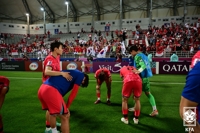 S. Korea eliminated in Olympic football qualifiers as poor defense, undisciplined play prove costly
S. Korea eliminated in Olympic football qualifiers as poor defense, undisciplined play prove costly -
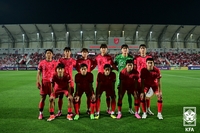 10-man S. Korea lose to Indonesia to miss out on Paris Olympic football qualification
10-man S. Korea lose to Indonesia to miss out on Paris Olympic football qualification -
 Indonesia coach left with mixed feelings after eliminating native S. Korea in Olympic football qualifiers
Indonesia coach left with mixed feelings after eliminating native S. Korea in Olympic football qualifiers -
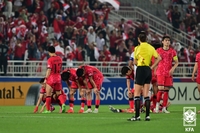 (LEAD) 10-man S. Korea lose to Indonesia to miss out on Paris Olympic football qualification
(LEAD) 10-man S. Korea lose to Indonesia to miss out on Paris Olympic football qualification -
 ADOR CEO calls conflict with Hybe 'worst experience of my life'
ADOR CEO calls conflict with Hybe 'worst experience of my life'
